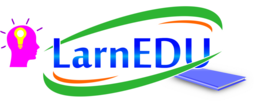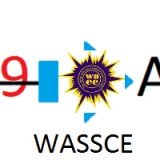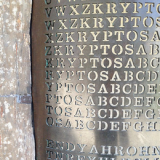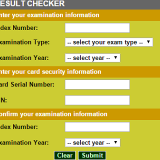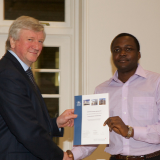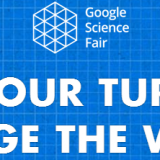Advantages Of Technology-Enhanced Formative Assessment
Before considering the aspect of student achievements, it is necessary to consider what is really meant by formative assessments, or, in other words, the utilization of data and information gained from assessments for bettering students’ achievements and performance. While this is indeed a difficult and tiring process, it is not impossible to achieve.
Thus, in simple and practical terms, assessment in this context could well mean the procedures and processes involved in seeking out and interpreting evidence used by students and educators in order to assess, first hand, where the student stands with respect to learning, next, where they need to go from there and finally, what is the best method of reaching the goals and objectives of learning processes.
Perhaps one of the greatest limitations of the current assessment methods is that there are no efforts on the part of educators to improve the academic performance of students who provide assessment data and academic resources. On the contrary, it is evidenced that data about student performance gleaned from formative assessment, are used for prospective curriculum reforms and changes, which do not serve any academic learning purpose of any kind, both for educators and educated.
Having gained insight into formative assessment, the use of systems using technology or electronic learning aids like computers, internet, power point slides, video and audio devices and other computing, including cloud computing could also be harnessed to assessments, thus making them technology enabled or enhanced formative assessment.
That said, it is now necessary to consider ways and means by which improvements of the achievements of students could be gained through the implementation of following ways:
1. Sharing of learning motives and criteria of successful performance
Under this strategy, educators inform students to know and understand what is expected of them to be learned, and also share with the students the criterias that would need to have been met by students, thus ensuring that the learning process does occur.
2. Strategic questions being asked
In this case, there is a careful and deliberate usage of questions with the ulterior motive of extracting data and information from them about their knowledge, skill and competency levels, and also the formative deployment of this data in shaping the contours of future teaching and learning process and mechanism.
3. Self assessment by students
This is in terms of encouraging students to own up obligations for their own studies, to identify and overcome weakness and resolve strengths, awareness about their learning, setting learning targets, acting on feedback’s and be able to make well reasoned and judged decisions and judgments on the quality of their performance vis-Ã -vis targets and parameters.
4. Finally, making formative use of summary assessment and evaluation
These summary tasks and action plans do not only serve evaluative data profiling about students, but could also offer data that could be utilized in formative manner, and helps gain better student academic insights, before, during, and after the assessment process
Author Bio:
I am Sophia John, writer, specially focusing in helping students by providing useful custom essay writing tips. Working as a writer and many students are approaching me for clarifying their academic related doubts.
